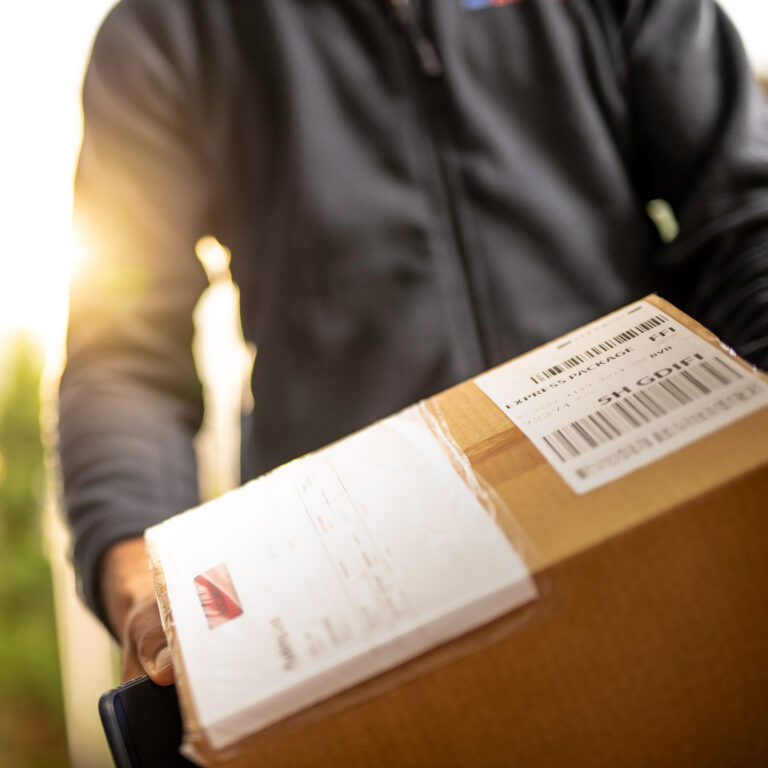A truly omni-channel fulfillment resource
Hub Group, and our TAGG Logistics acquisition, provides you with everything you need to get your product to the end consumer from a single 3PL fulfillment partner. Whether you’re an established retailer or new to e-commerce as a retail sales channel, we have the e-commerce order fulfillment services to help you succeed.
Our strategic network of technology-driven, highly automated warehouses provides access to 99.7% of the US population within an average of 1.2 days, allowing you to stage inventory and fulfill orders with confidence and ease. Our ability to integrate directly with shopping cart or e-commerce platforms gives you the flexibility to service customers with an omni-channel approach while keeping inventory consolidated.
With an extensive footprint of technologically advanced fulfillment centers, offering the flexibility of asset and non-asset services, Hub Group is your source for truly end-to-end services for your supply chain.
Let our supply chain experts and warehouse network do the heavy lifting for your customer fulfillment to keep your business focused on its core mission.
